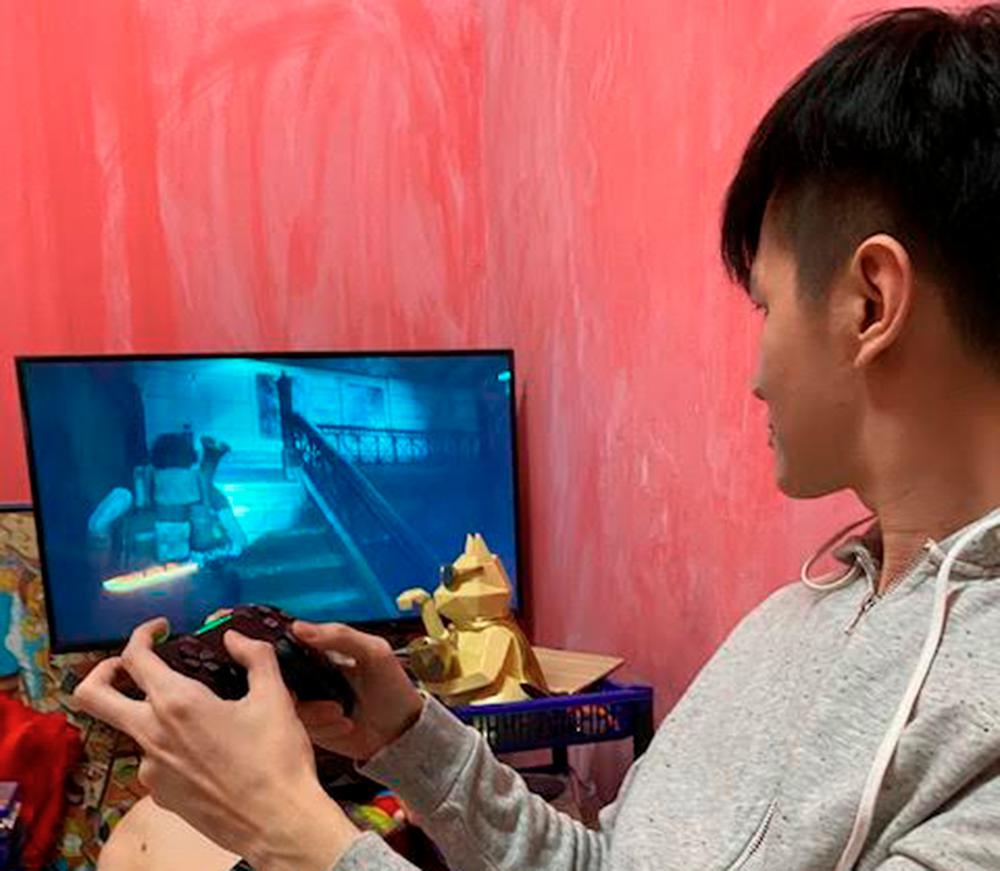KUALA LUMPUR: In the last few years, video games have been growing in popularity among Malaysian youths. During the Covid-19 pandemic, the movement control order forced people to remain home, further popularising video games as a remedy for boredom.
However, Help University Department of Psychology head Dr Victor Goh Weng Yew warned that time spent on video games should be controlled, as it could otherwise become addictive.
“Most youths go through a gaming phase due to environmental factors. It is typical to spend less time gaming as one grows older. However, some never grow out of it and eventually end up addicted to video games.”
Goh said playing video games for long hours could lead to cognitive impairments among youth.
“Too many video games make the brain (get) used to constant stimulus. Less stimulating environments such as sitting in class can result in youths not being able to concentrate on their (lessons).”
Developmental psychologist Dr Fam Jia Yuin said there are three primary motives such as a sense of achievement, social interaction with other gamers and immersion, which is possible when youths play games to counter academic failure and dysfunctional relationships with significant others or as a means to escape real-life problems.
“It is important to understand the motives for playing video games. Traditional restrictive methods such as not allowing one to play games for some time might not work in many situations.
“For example, if a youth is having issues with friends, he might want to play video games to fulfil his social needs and this is why it is important to understand the motives for playing them.
“Instead, such youths should identify alternatives such as joining a community service programme or enrolling in self-improvement classes to enhance their social skills or build their social circles.”
In its latest 2021 Mobile Gaming Addiction survey, Universiti Teknologi Mara found that out of 80 gamers interviewed in Selangor aged between 18 and 28, 45% (36) of them spent more than six hours a day playing video games.
An International Islamic University Malaysia study in 2020 also showed that youths aged between 21 and 25 spent more than three hours a day on video games.
In an interview with two gamers, theSun was told they played video games due to a sense of achievement after unlocking new quests and wanting to follow the latest trends.
University student Foo Yu Bin, 23, said: “I usually play video games for more than eight hours a day and find them very entertaining.
“Most of the time, the games give me a lot of happiness that I don’t find elsewhere.”
Designer Nor Hazirah Izzati Ahmad Ridza, 26, said: “I started to play video games on a friend’s recommendation, and then it became an addiction as I played six to eight hours daily, despite having a day job”.
Universiti Kebangsaan Malaysia lecturer Dr Nor Azzatunnisak Mohd Khatib said while playing video games is popular among youths, one must realise that there are positive and negative effects associated with playing such games.
“On the positive side, video games improve problem-solving skills, boost creativity and enhance hand-eye coordination. It can also help with stress relief and building relationships with other youths.
“However, one can get addicted to video games due to an excessive amount of time spent on them.
“This can result in a drop in academic performance as well as social isolation or anti-social behaviour towards non-gamers.”
Nor Azzatunnisak also said some video games may contain violent or inappropriate content that can also have a negative effect on a youth’s behaviour and attitude.
“Such negative effects can be reduced by fixing time limits for playing video games because it is important to monitor the amount of time and the type of content youths are exposed to.”









